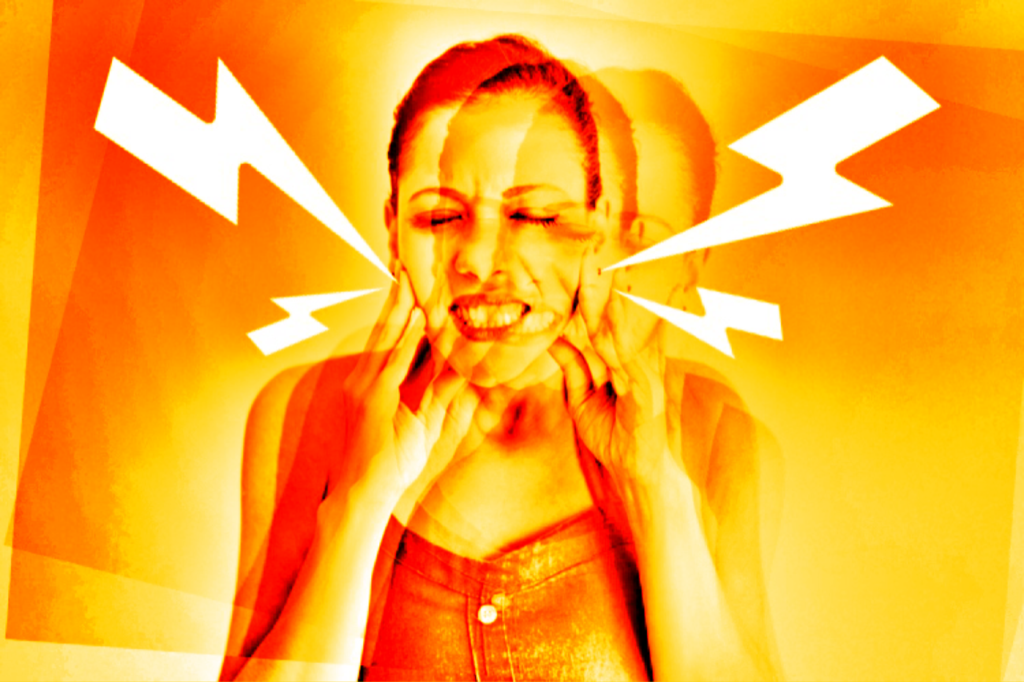
Stress and tension are often implicated in cases of jaw pain. We are all dealing with the many consequences of COVID-19, including disruptions to our home and workplace schedules, as well as being sheltered for long periods with our loved ones. (They are still our loved ones, right?) Since reopening our practice after a mandated shutdown, we are seeing an uptick in cases of jaw pain among our patients.
Jaw pain, often referred to as “TMJ”, can be acute or chronic, depending on the source of the disorder. In this post we will discuss how to address an acute, or sudden appearance of pain in the jaw, just in front the ear.
TMJ is the abbreviation for Temporo-Mandibular Joint, which is the hinge where the lower jaw articulates into the skull. It is a complex structure consisting of many small muscles and a cartilaginous disc in the area where the bones fit together. This is much like the knee and elbow complexes. But enough anatomy. “What do I do about the pain, Doc!?”
Management of Acute TMJ Episode
- Rest the jaw and joint complex.
- Avoid foods that require heavy chewing such as nuts, steaks, gum, etc.
- Don’t clench your teeth or yawn widely.
- Consciously keep your teeth separated enough for your tongue to move freely between the upper and lower arches.
- Apply moist heat to the affected side: 20 minutes on, 20 minutes off.
- This will help relax the muscles and reduce inflammation.
- Use analgesics
- Two ibuprofen 200 mg (Advil or Motrin) and two acetaminophen 500 mg (ES Tylenol) together every 4-6 hours. Do not do this for more than one week and only as needed.
- Appliance Therapy
- If a bite guard has been prescribed, wear it nightly and during times when you are prone to clenching your teeth.
Possible Causes of Acute TMJ Episode
- Stress and Tension
- Try meditation, calming music or other relaxation techniques. I am a big proponent of deep breathing techniques. Read a previous blog post HERE on breathing and anxiety.
- Clenching teeth
- Consciously keep a space between your teeth and reduce triggers that cause you to clench.
- Poor sleeping position
- Sleeping on your belly for hours can put the jaw in an uncomfortable position. Try sleeping on your side or back.
- Poor posture
- Many of us are hunched in front of computers or devices for long periods. Roll your shoulders back and concentrate on a straighter head position. Clasp your hands behind your back and stand up straight to counteract bad posture. It’s all connected!
- Gum chewing
- Don’t overwork the joint needlessly. Save it for eating!
- Excessive caffeine consumption
- We are not sure of the connection here, but some studies show that too much caffeine can be associated with jaw pain.
- Neck pain
- Past trauma, including car accidents and sports injuries may be culprits here.
Dr. Michael Gillespie has practiced dentistry in Waynesville, NC for 26 years. Team Gillespie has been honored as “Best Dentist” multiple times! Please call if we may help with your dental needs.

